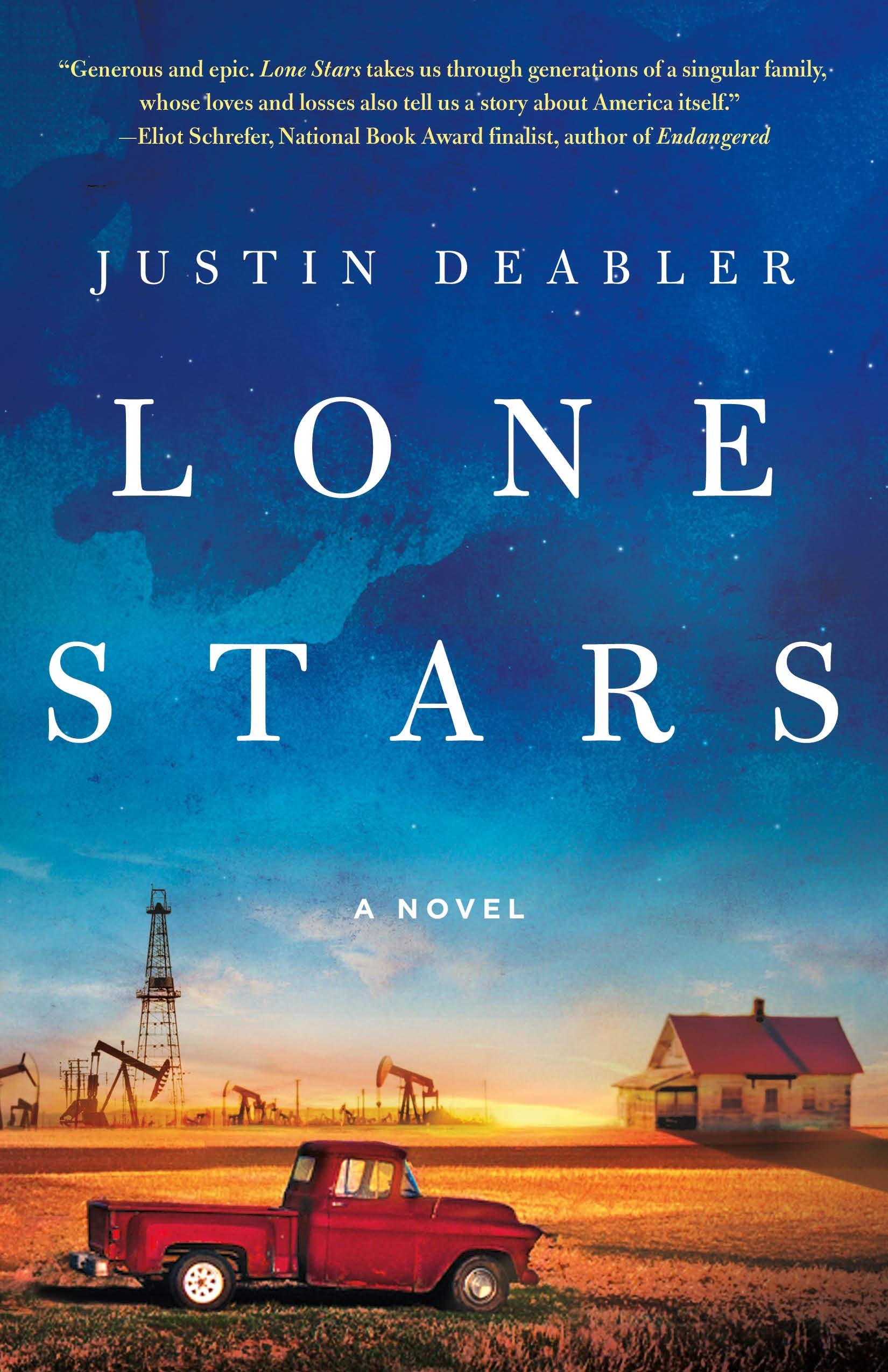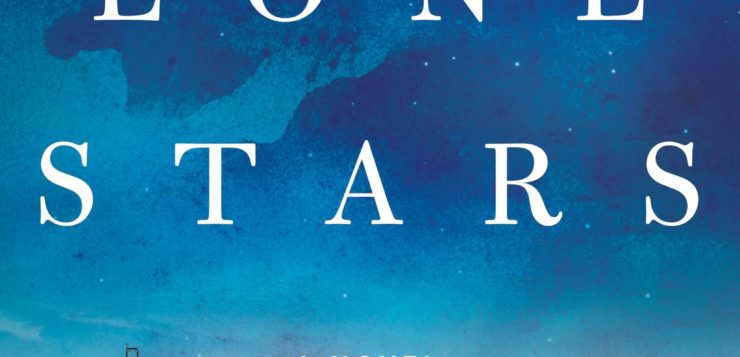 LONE STARS
LONE STARS
by Justin Deabler
St. Martin’s Press. 304 pages, $27.99
FIRST NOVELS, especially coming-out novels, arrive with a certain amount of baggage. I tend to open them with trepidation, prepared to be assaulted by clichés about the closet and bad sex. That’s why Justin Deabler’s first novel, Lone Stars, comes as a welcome surprise. Deabler avoids the traditional landmines of coming-out stories by working on a broader canvas.
After a brief prologue, the multigenerational story opens when the gay protagonist’s parents are children in 1950s Texas. We meet them separately as each struggles against their family’s dysfunctions—Lacy’s secretive mother, Aaron’s demanding father. Their stories come together when they become pen pals while Aaron is serving in Vietnam. The courtship is tentative and tender, serving to build the reader’s empathy for both characters. We’re primed to forgive them for whatever parenting mistakes they’ll make, because we see where they came from.
This first section, aptly called “Love,” sets up the novel’s structure with echoes of the familiar nursery rhyme: “First comes love, then comes marriage, then comes baby in a baby carriage.” “Marriage,” the longest section of the book, picks up the story a few years later and gradually shifts to Lacy and Aaron’s son Julian. Offering the perspectives of all three characters, Deabler shows Julian coming into himself and out of the closet, while his parents’ marriage falls apart. An effeminate child, Julian feels threatened both inside and outside the home, but he’s also blessed with a sense of confidence and a determination to escape the limitations of his surroundings. He knows he’s a disappointment to his father and that homophobes lurk around every corner, but he chooses to focus on his future, as if he already intuits that “it gets better.”
Of course, he has to go through the bad before finding the better. A disturbing encounter with a gay basher at a fair seems more traumatizing to Aaron than to Julian, but in high school, when a friend is attacked, the event becomes a turning point for Julian, inspiring him to live his truth at last. By the time he gets to college, he is not only out but politically active, and he soon begins a loving relationship. Which brings us to the final section, “A Baby,” with Julian finally creating a family of his own.
That’s not meant to be a spoiler. Deabler sets up the ending in the prologue, which finds Julian taking care of his child and thinking about what he’ll tell him one day about his own upbringing. The prologue feels a bit contrived, but it does allow Julian to be introduced immediately, before his entrance into the chronological narrative a few chapters later.
Several chapters of Lone Stars could be read as stand-alone vignettes that highlight key moments in the characters’ lives. Deabler does a masterful job of bringing them together and tracing his themes through generations, demonstrating along the way how family dynamics influence adult behavior. While both of his parents were severely damaged by their upbringing, Julian does a better job of overcoming his own, though the wounds never completely heal.
The narrative employs a sort of shorthand at times. Julian meets his true love just weeks into his freshman year of college. While their relationship is portrayed as strong, we seldom see much evidence of passion. The lover, Philip, is a complex and emotional character, a foil to the defensive coldness that has crept into Julian’s personality. One would expect this disconnect to pose challenges for the relationship, but we see few signs of struggle between them.
But the heart of the story is reserved for Julian’s complicated relationship with his mother, who, despite her flaws, retains the reader’s sympathies throughout. His father, on the other hand, loses it somewhere along the way. While Aaron started out as a sympathetic kid, after marriage he quickly devolves into a stereotypically distant father and husband, with little sign of self-awareness. After the breakup of the marriage, he vanishes from the story for a long stretch and returns as a plot device. Since we don’t get a good sense of how he’s gotten to where he is, it’s never really clear whether he deserves the fate that the novel holds in store for him.
These narrative quibbles are more missed opportunities than flaws in a story that grabs the reader with engaging characters and a constantly evolving, often surprising, plot. Lone Stars has its share of poignant moments, infused by an underlying sense of heartache, demonstrating that there are still important stories to be told about the experience of coming out.
____________________________________________________





